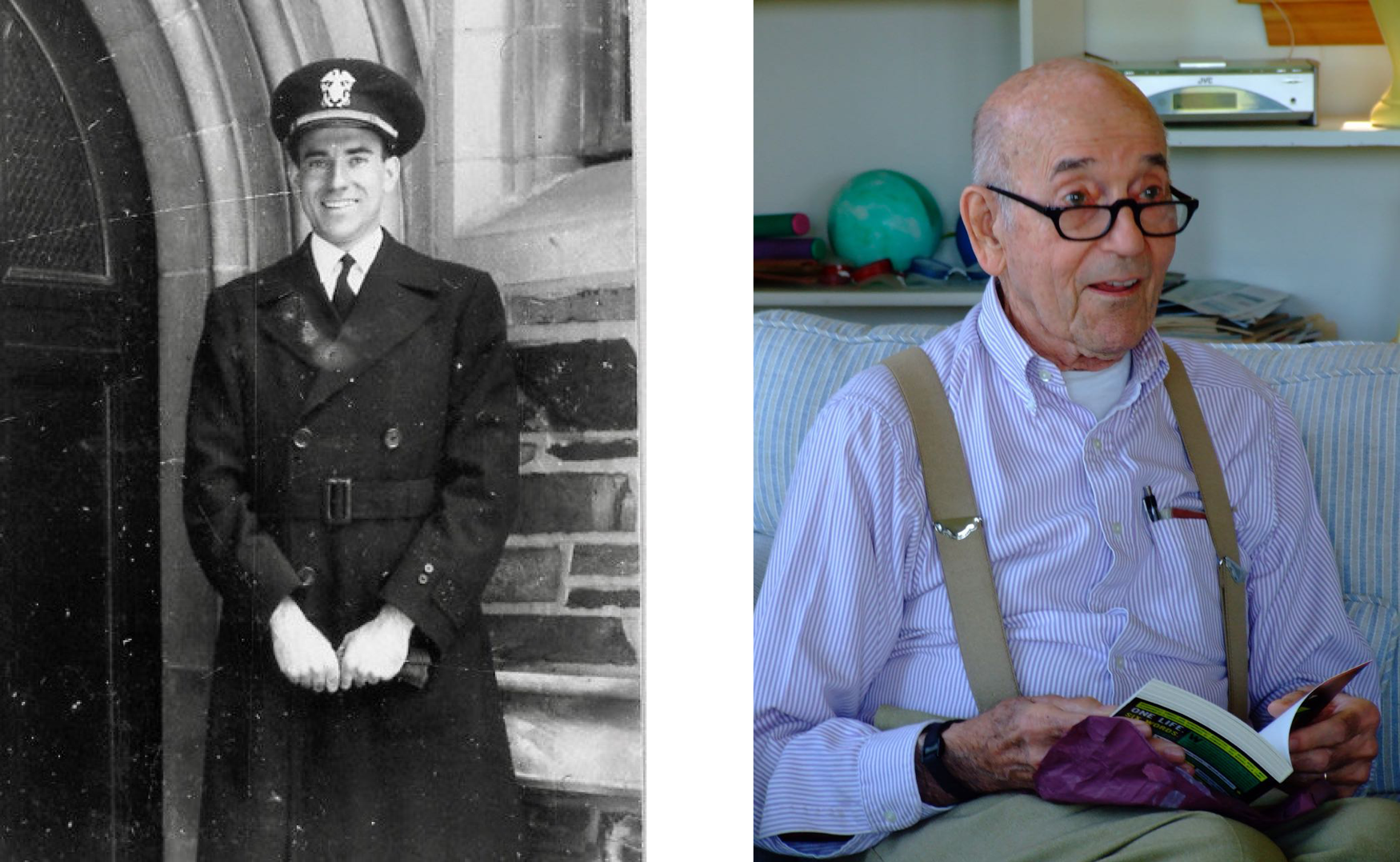On Reputation
15,768,000 Minutes,
How do you measure the life of a woman or a man.
—Seasons of Love, from Rent
My father was a man of principle. At the time of his death two years ago, one month to the day after his 100th birthday, he was the oldest and the last pre-war Rhodes Scholar. He valued people, he valued manual labor, and he valued education. According to Jim Simon, our former Director of Institutional Advancement, my father was the longest continuous donor to the Browning School Annual Fund on record. He also valued character.
College admission is built on trust. I routinely tell the boys “You benefit from the reputation of this institution in this process.” That reputation is built partly on the boys themselves: their strong academic records, their leadership and success in extra-curricular activities, and their strong showing on AP exams. It is built partly on our magnificent faculty, across all grade levels and disciplines, who devote themselves to turning today’s boys into tomorrow’s men. It is built partly on an administration with the clear and unwavering mission of providing the resources and vision to accomplish those goals. And it is built partly on me.
I have spent 30 years nurturing the carefully curated reputation I was handed by my predecessor, and I would venture to say that I am respected in the field. Yet “reputation” is hard to quantify. Parents will often ask: “So, Mr. Pelz, what schools do you have good relationships with?” The answer to that question is simple: “lots.” What they are really asking, however, is: “Where can you make a call and get my kid in?”
That’s how college admission often worked when I was a student, and it was called “placement.” It hasn’t worked that way in 50 years. So how do I convince these parents that their child’s voice and mine will be heard? If you have been following this blog, you know the answer: with a story.
I have a long relationship with Grace Church School. My mother was Director of Admissions for 15 years, my kids went there for 10 years before coming to Browning, and I served a six year stint on their board of trustees. In 2007, Grace, a JK-8 institution, was considering growing a high school. I was invited to join the Program Committee and charged with querying college admissions officers for advice on “what should a new high school look like.” I wrote (yes, wrote!) to several dozen people I knew on the college side. One of the first responses was a phone call from Bill Fitzsimmons, the Dean of Admissions and Financial Aid at Harvard. Fitz had been a group leader of a summer institute I had attended, and he said: “Sandy, I want you to talk to our Director of Admissions. She loves this stuff.” So I spent an hour on the phone with Marlyn McGrath Lewis, who admitted to being an “education junkie” and noted: “It may be the idealist in me, but I think more and more people are looking for education grounded in a strong moral and ethical foundation.”
Christoph Guttentag, the Dean of Admissions at Duke and another leader of the summer institute, wrote, in a long, thoughtful email: “there aren’t enough schools out there where ethics, inclusiveness, civic engagement, responsibility, appreciation and encouragement of difference, those sorts of values, are the *foundation* of the school, where they are an obvious and fully accepted part of the fabric of the place.” Deans at Yale, St. Andrews, Texas – Austin, Bowdoin, Middlebury, Johns Hopkins, Boston College, Lehigh, Union, Macalester, and a dozen other schools also took the time to reply, and their responses informed the Grace board’s decision to open the new division.
I was humbled and honored by the scope of the response. But again, this does not mean that I can make a phone call to get a particular student into a particular college or university. What it does mean is that when a college rep reads an applicant’s file they will trust my letter of recommendation, where I strive to portray every student in the best possible manner. It means that if they have a question they will contact me and that I will give them an answer they can rely on. I have been straightforward and forthcoming with them for 30 years and they appreciate that honesty. A “special relationship” with a handful of schools would be of limited value; a reputation built on decades of trust benefits every student.


